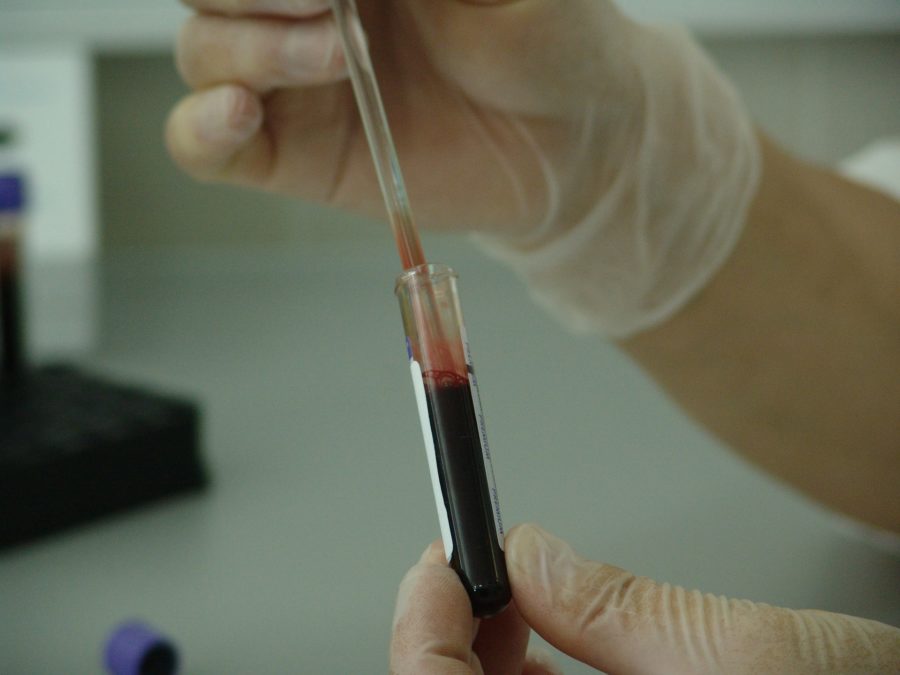
Imagine getting a shot that can help your body fight infectious diseases — and cancer.
Researchers at the National Institute of Biomedical Imaging and Bioengineering have developed a vaccine that assembles a 3-D structure under your skin to harness the immune system to fight cancer and infectious diseases more effectively. This vaccine can help recruit, house and manipulate immune cells to generate a powerful immune response.
Previously, patients had to undergo surgery to get a device implanted. Now with this 3-D vaccine, the porous silica rods are dispersed in liquid. Once the liquid dissipates, it leaves a random 3-D structure.
Generally the immune system ignores cancer cells because of their resemblance to cells that belong in the body. The goal of this vaccine is to provoke the immune system to recognize the cancer cells as a threat, the same way it does pathogens, and attack the cancer cells.
One way of doing this is to manipulate cells that coordinate the immune system. These dendritic cells patrol the body, checking bits of protein found on the surface of cells better known as antigens.
When a dendritic cell comes in contact with a foreign antigen, it carries it to the lymph nodes, where it instructs the immune system to attack anything that has that antigen. Although cancer cells are similar to healthy cells, they often display unique antigens that can be used to help the immune system target them.
In previous cancer immunotherapies the immune response was short lived and not enough to keep tumors from growing over a long period of time. With this new approach, the implanted biomaterials will reprogram millions of dendritic cells over the period of several weeks. With the scaffold, it can attract dendritic cells and activate them with a tumor antigen.
When implanted into mice, it showed a survival rate of 90 percent.
Information compiled from Sciencedaily.com








